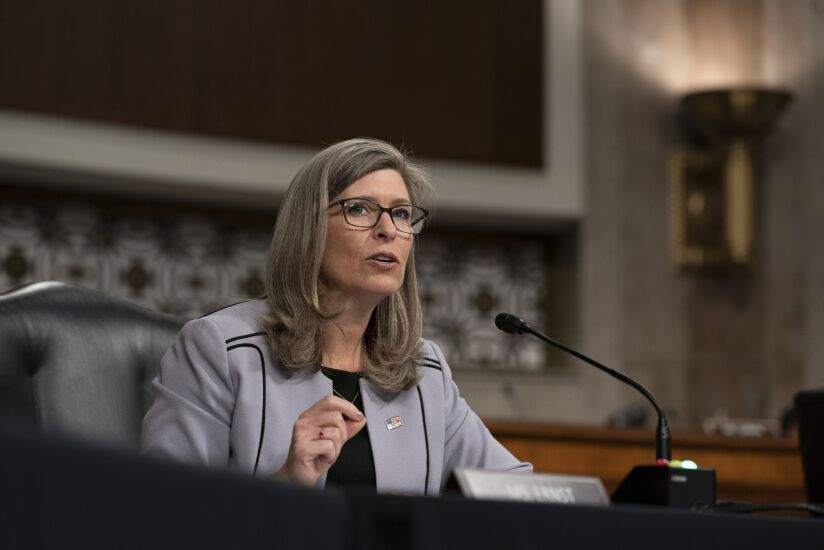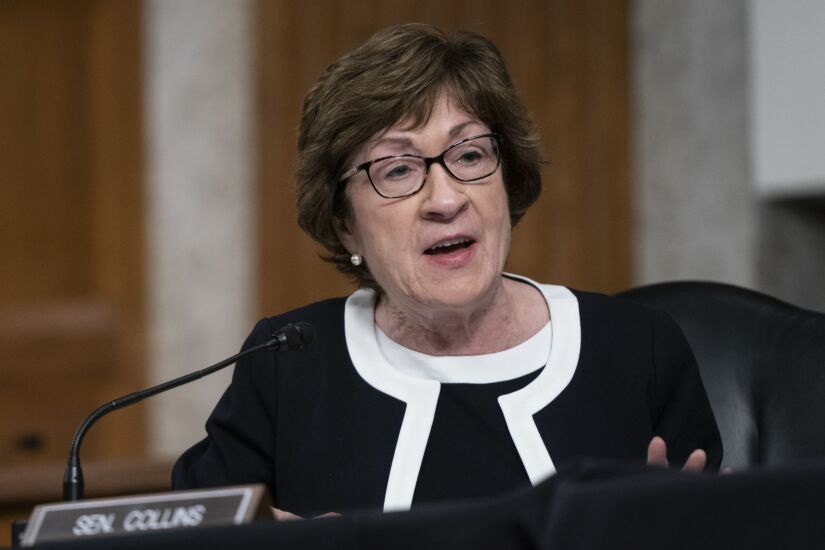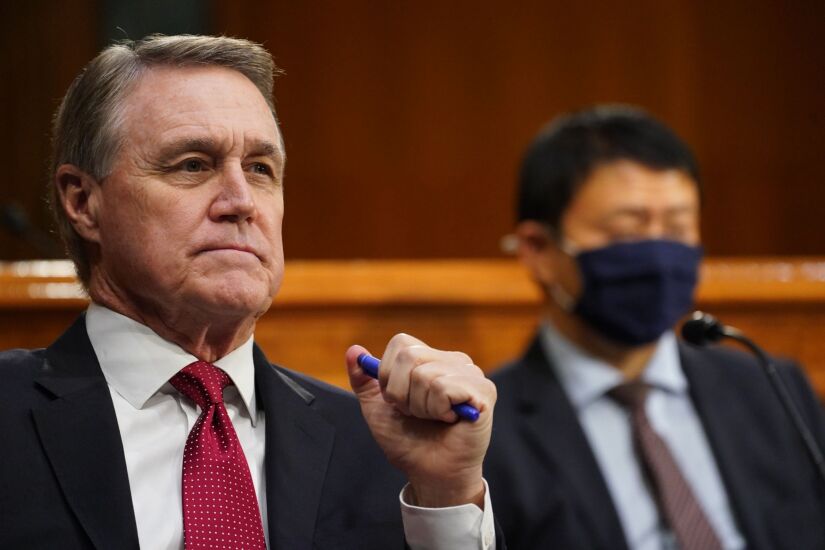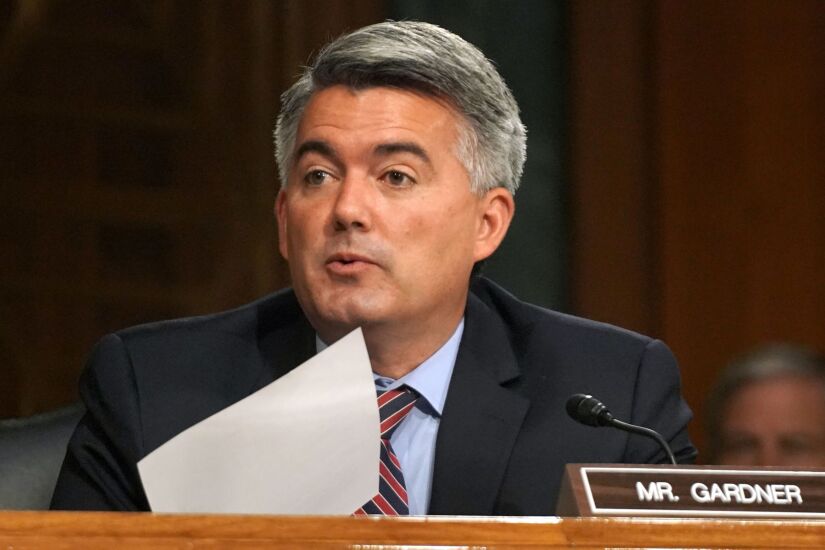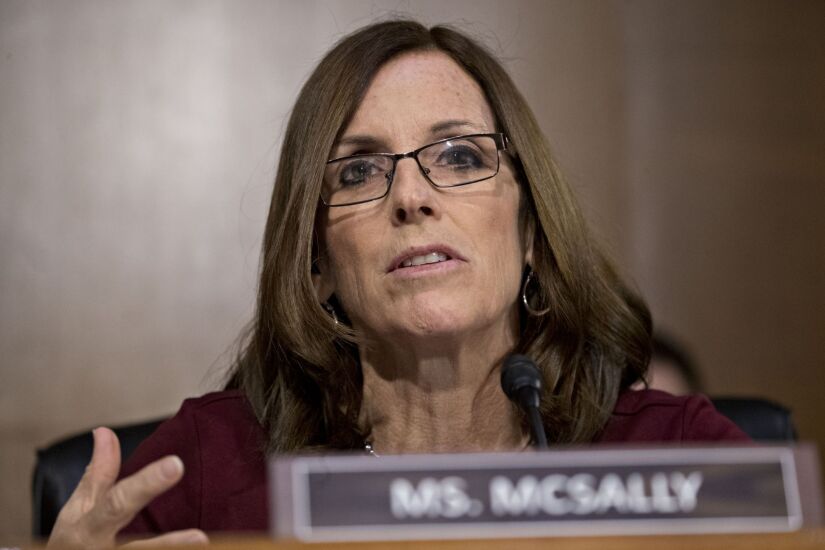Control of the U.S. Senate hangs in the balance in the upcoming election, with the outcome determining the direction of laws and regulations that can have a profound impact on financial services, technology, fintech and payments innovation.
The Republicans currently hold 53 seats, with the remaining 47 held by Democrats and two independents who caucus with the Democrats. There are 35 seats up in 2020, with 23 seats in GOP hands, so the Democrats will need to win three or four to take control in November.
The outcomes are obviously unpredictable, given the contentious Presidential election, and
The following Senate races are among the most competitive, based on 538.com's analysis of contests in which both candidates have a reasonable chance to win. Overall, 538.com gives the Democrats a 62% chance of winning control of the Senate. Financial services professionals, who skew conservative, prefer full control over both the White House and Congress as opposed to split government, according to a survey by
Flipping the Senate means flipping the political script for financial services, fintech and payment policies. There are ramifications even for senators who aren’t up for re-election or who don’t lose their seats.
The impact would be dramatic. For example,
Republicans and Democrats also hold different opinions on the role of government in protecting cash, disbursing government funds, the use of cryptocurrency and the ability of fintechs to hire workers from outside the U.S.

